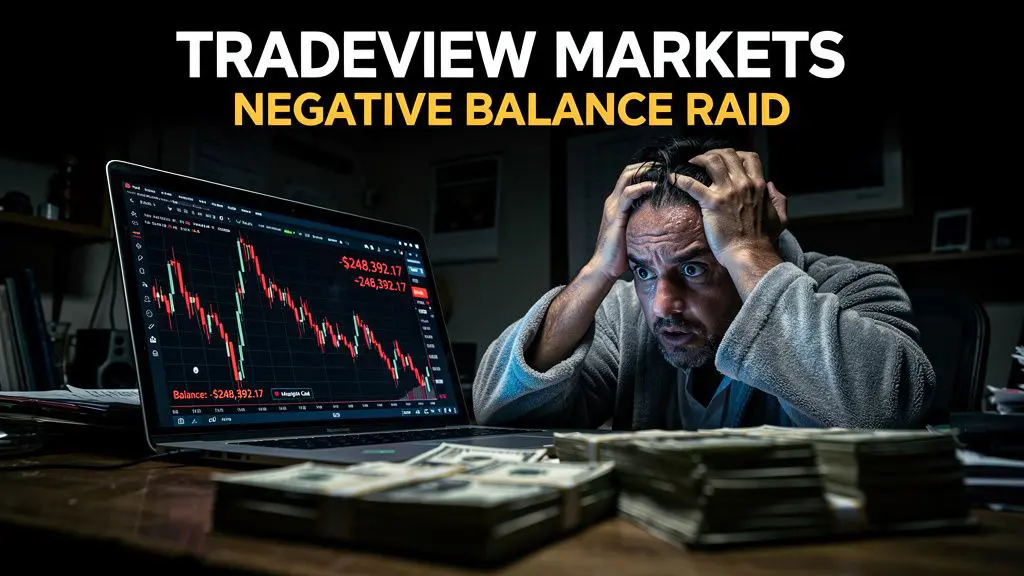WikiFX Deep Dive Review: ExpertOption
Reference to WikiFX records shows that **ExpertOption is a high-risk broker.** While the company has been operating since 2017 and has a popular trading app, the safety foundations are weak.
简体中文
繁體中文
English
Pусский
日本語
ภาษาไทย
Tiếng Việt
Bahasa Indonesia
Español
हिन्दी
Filippiiniläinen
Français
Deutsch
Português
Türkçe
한국어
العربية
Abstract:The notorious North Korean cybercrime group, Lazarus, has recently intensified its infiltration into the npm ecosystem by deploying six new malicious packages. These packages are designed to compromise developer environments, steal credentials, extract cryptocurrency data, and install backdoors.

Lazarus employs a sophisticated method to infiltrate developer environments. The group creates and maintains GitHub repositories that host these malicious npm packages, giving them the appearance of legitimate open-source projects. This tactic increases the likelihood of developers inadvertently integrating harmful code into their workflows.
The six identified malicious packages are:
These packages mimic the names of widely-used libraries, employing a technique known as typosquatting to deceive developers into installing them.
Once these malicious packages are installed, they execute scripts that gather system environment details, including hostnames and operating systems. They systematically search browser profiles to locate and extract sensitive files, such as ‘Login Data’ from Chrome, Brave, and Firefox browsers, as well as keychain archives on macOS. Notably, these packages also target cryptocurrency wallets, specifically extracting ‘id.json’ from Solana and ‘exodus.wallet’ from Exodus wallets. The stolen data is then transmitted to command-and-control (C2) servers controlled by the attackers.
Identifying the exact perpetrators behind cyberattacks is inherently challenging. However, the tactics, techniques, and procedures (TTPs) observed in this npm attack closely align with those previously documented in Lazarus operations. These include the use of similar obfuscation techniques, cross-platform targeting of Windows, macOS, and Linux systems, and the deployment of multi-stage payloads to maintain prolonged access to compromised systems.
Lazarus Group has orchestrated some of the most devastating cyber heists in history, targeting cryptocurrency exchanges, blockchain networks, and financial institutions. Over the past few years, the group has been responsible for stealing billions of dollars worth of digital assets. Here are some of their most significant attacks:
Bybit Exchange Hack (2025) – $1.4 Billion Stolen
One of the biggest crypto heists to date, the Bybit attack saw Lazarus exploit security vulnerabilities to steal around $1.4 billion in Ethereum. While some of the stolen funds remain traceable, a significant portion has disappeared into untraceable wallets.
WazirX Hack (2024) – $235 Million Stolen
Lazarus was initially suspected of orchestrating the $235 million hack on Indian crypto exchange WazirX in July 2024. However, later investigations led to the arrest of a suspect in India. The attack resulted in significant financial losses and heightened concerns about exchange security.
Stake.com Hack (2023) – $41 Million Stolen
The online gambling platform Stake.com was targeted in September 2023, with Lazarus reportedly draining $41 million from the site by exploiting security weaknesses.
Axie Infinity Ronin Network Hack (2022) – $620 Million Stolen
Lazarus used social engineering tactics to gain access to the private keys of Axie Infinitys Ronin Network, draining approximately $620 million worth of crypto. This remains one of the largest DeFi exploits in history.
From large-scale exchange hacks to supply chain attacks like the recent npm infiltration, Lazarus continues to refine its methods. Their ability to adapt and develop new tactics makes them one of the most persistent threats in the cybersecurity landscape. As their attacks grow in sophistication, individuals and businesses must remain vigilant against potential vulnerabilities.
Disclaimer:
The views in this article only represent the author's personal views, and do not constitute investment advice on this platform. This platform does not guarantee the accuracy, completeness and timeliness of the information in the article, and will not be liable for any loss caused by the use of or reliance on the information in the article.

Reference to WikiFX records shows that **ExpertOption is a high-risk broker.** While the company has been operating since 2017 and has a popular trading app, the safety foundations are weak.

If you are looking into ICM Capital (also known simply as ICM), you might be attracted by their established history since 2017 or their access to the MetaTrader platforms. However, glancing at the surface isn't enough when your capital is at risk. With a concerning WikiFX Score of 2.46 out of 10, this broker is currently flashing warning signals that every potential client needs to understand before hitting the "Deposit" button.

In the world of online trading, trust is the currency that matters most. However, recent data aggregation by WikiFX has signaled a "level red" alert regarding Tradeview Markets. Between July and November 2025, our support center was flooded with complaints alleging that the broker unilaterally wiped out account balances under the guise of "negative balance reversal," while simultaneously employing "account deletion" tactics in Asian markets. This report investigates the alarming patterns behind these complaints and analyzes why existing regulations failed to protect these traders.

For traders asking, "Is ZarVista legit?", the evidence points to a clear and strong conclusion: ZarVista operates as a high-risk broker. While it shows a modern interface and different account types, these features are overshadowed by major weaknesses in how it is regulated, a history of legal problems, and many user complaints. This article will break down these issues to give you a complete view of the risks involved. Our analysis shows that the chance of losing capital when dealing with ZarVista is very high. The combination of weak overseas licensing and documented problems creates a situation where trader funds are not properly protected.
